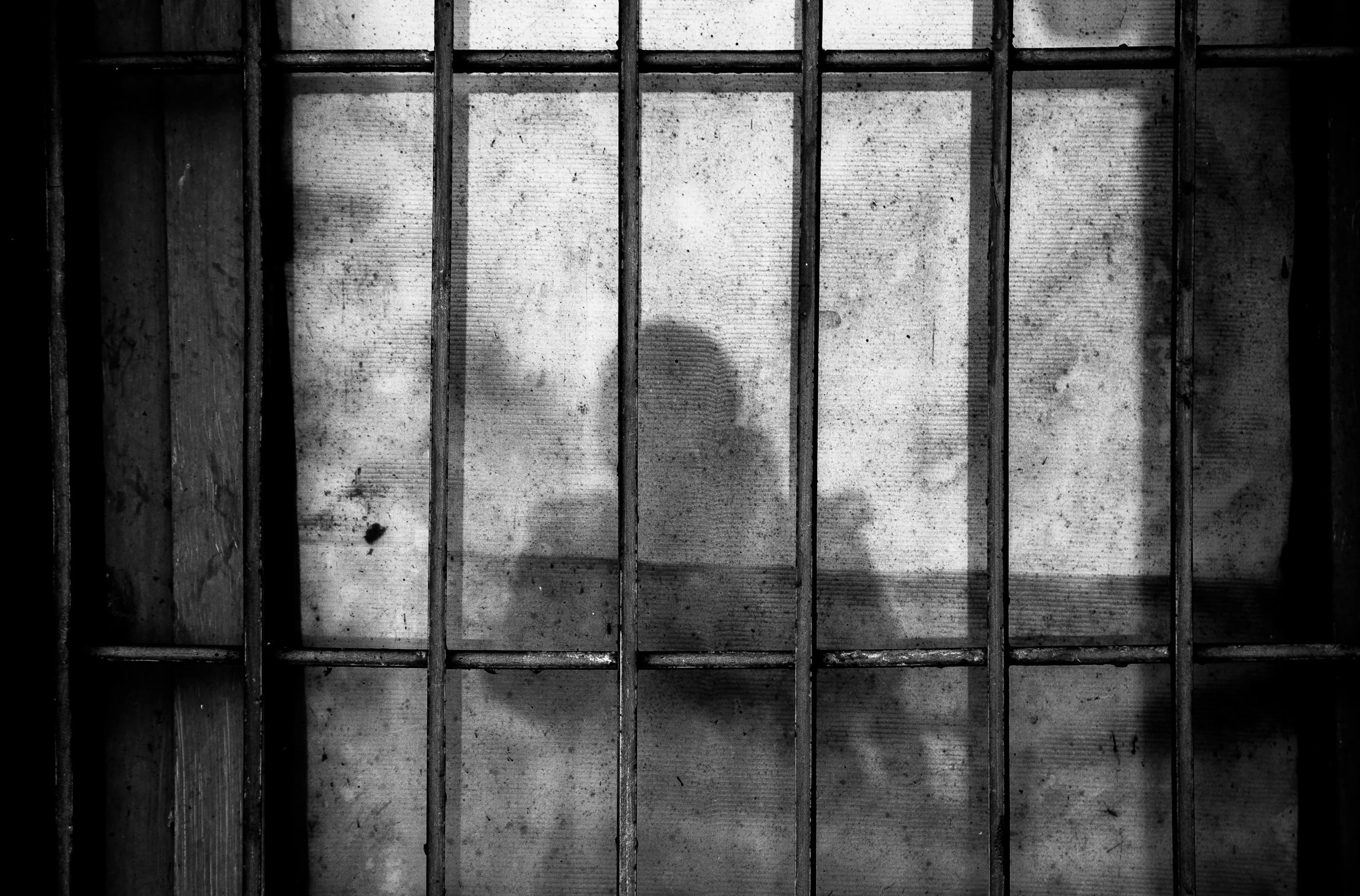The Ghosts of Value-Based Care: A Dickensian Tale of Health System Renewal
In the spirit of Dickens's classic A Christmas Carol, we reflect on healthcare through a lens of compassionate realism. Our system has battled many Cratchits and Tiny Tims (patients and families bearing the cost of a broken model). Even as challenges loom, a redemptive path emerges: value-based care. This vision puts health outcomes at the center and offers hope for rebuilding trust in a weary system. Once, healthcare was like Scrooge's counting house, driven by volume rather than human need. Every test, every procedure was billed, leaving little room for unbilled compassion. But pioneer systems proved that aligning incentives with health pays off: patients in value-based programs live six to eight years longer than average, thanks to earlier diagnosis and superior chronic care. By weaving technology, team-based practices, and a renewed social conscience into care, we can move from isolation toward inclusive understanding and healing.
A Storyline Christmas: Light, Longing, and the Work of Care
Christmas is the season when light and longing meet. It brings families together, surfaces old questions, and reveals what our health stories have held all year. At Storyline, we feel especially called to walk with people in these moments. Our work is simple and steady: listening, clarifying, and helping families make sense of what matters most. The gifts that truly count in this season are often small. A clearer plan. A calmer mind. The sense that someone is walking with you. In a month full of both ache and beauty, we are grateful to be part of your story.
Obedience, Not Outcome: The Humble Medicine of Everyday Care
George MacDonald challenged the idea that truth must justify itself through immediate or dramatic results. He taught that truth is known in the doing, through steady faithfulness. Healthcare often struggles with a similar expectation. We tend to equate healing with rapid improvement, clear lab changes, and visible progress. Yet for many people living with chronic illness, healing is not an event but a daily practice. It shows up in refilling medications, attending appointments, and continuing routines that sustain health even when change is gradual. These ordinary acts are forms of hope in motion.
Public health models now recognize this reality. Approaches that emphasize self-efficacy and continuity acknowledge that sustained engagement shapes outcomes as much as clinical intervention. Precision public health directs attention and resources toward those who most need them, allowing care to adapt to real lives rather than asking people to fit rigid systems.
This is true for clinicians as well. Burnout often arises when effort feels disconnected from meaning. When care is reduced to throughput, the deeper purpose of the work becomes obscured. MacDonald reminds us that presence, patience, and integrity are not peripheral to healing. They are part of the healing itself.
Clarity Is Care: How Understanding Transforms the Patient Journey
“We shall not cease from exploration…” Healthcare is not a single encounter; it is a journey through a system that can feel diffuse, overwhelming, and disjointed. Most patients move between specialists, clinics, and tests without a clear map. When care plans are unclear or communication breaks down, patients are left to navigate alone. The research is clear: poor communication contributes to preventable harm, and only a small fraction of adults have the health literacy needed to interpret complex medical instructions. Without intentional orientation, uncertainty grows, confidence erodes, and outcomes suffer. Clarity is not extra; it is essential to safe and meaningful care.
The Healing That Hides in Delay
“You must throw yourself in. There is no other way.”
— George MacDonald, The Golden Key
In modern healthcare, waiting is rarely framed as part of healing. Yet in George MacDonald’s enchanted forest, Mossy and Tangle discover that time, delay, and uncertainty shape them as much as any destination. This essay walks alongside them. Through long referrals, missed calls, late diagnoses, why don’t we ask: What if the waiting itself holds wisdom?
Grounded in real clinical research and lit by human connection, Part I explores how delays in care can stretch us, deepen us, and (if we’re not alone) even offer quiet kinds of healing.
Walking Through: Navigating Insurance & the Art of Medicine
This blog explores why health insurance and open enrollment aren’t just HR headaches but integral to patient care. It examines patient and provider perspectives on cost conversations, the ethical “art” of medicine, and how evidence, autonomy, and affordability intersect. The piece also outlines key enrollment timelines and highlights the value of health advisors in helping patients and practices navigate coverage choices.
The Final Adventure & dying Well
We live in an age obsessed with preservation. We count our steps, monitor our sleep, and stretch our lives longer than any generation before us. And yet, paradoxically, cancer is rising in the young, anxiety is everywhere, and many of us are living longer without feeling more whole.
Perhaps the goal was never just longevity. Perhaps healing was always meant to include peace.
“To die will be an awfully big adventure,” Peter Pan says — but maybe the real adventure is learning how to live and die well at the same time. Because death isn’t the opposite of life; it’s the frame that gives life its meaning. And when we learn to face it with curiosity and presence, even the end becomes part of the story worth telling.
Care Collective Podcast
We’re sharing a sneak peek of our recent conversation with the team at The Care Collective Podcast. The first snippet is weighty. It touches on the realities (ultimate consequence and shame) that often sit just below the surface in healthcare. But at the center, it isn’t about blame. It’s about learning to tell our stories honestly, and about offering support in places where silence has too often lived.
What we’re reaching for is understanding. Understanding between patients and providers. Understanding between families and systems. Because only when the whole story is spoken can healing start to take root.
The Conversation We Avoid: Confronting Death in Modern America
Most people want to die at home—but few do. This post explores why modern healthcare avoids talking about death, how that avoidance causes harm, and what it looks like to lead these sacred conversations with care and clarity.










